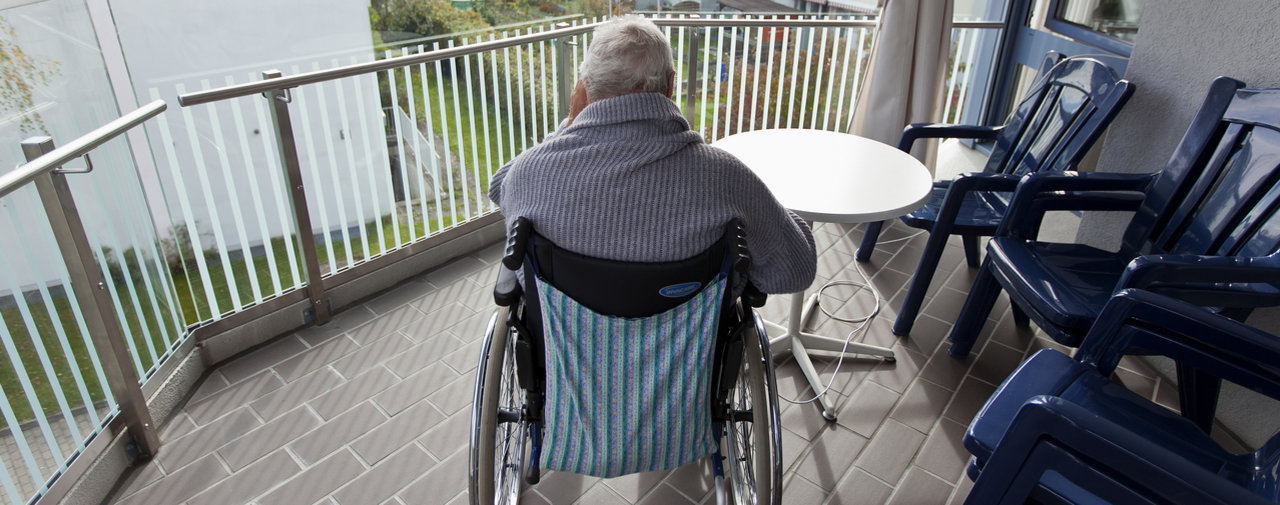OPINION. It is possible to keep important assets safe under a form of supervision that does not interfere with the freedom of the person to be protected. The solution is the creation of a trust, says Ariane Slinger, president of ACE International
In a recent article, an asset manager suggested that elderly people should appoint their manager as their executor. We have serious doubts about this. The article in “Le Temps” on three elderly ladies who were desperately looking for their 88 million confirms this doubt – we need to protect elderly and vulnerable people before their death! A more complete solution than simply appointing an executor is required. This is especially true since the first criterion for selecting an executor is the absence of any conflict of interest, which should immediately exclude the asset manager…
As we age we may stay relatively healthy, but our judgement may not be as sharp. Our families often live in faraway areas or countries. One thing has led to another and abuse of vulnerable people has become a very profitable activity for some malevolent people close to the elderly. It’s a subject rarely tackled, but it’s a real plague on Society.
There are caretakers who have made personal purchases with the credit cards of the people they cared for, stolen their valuables and emotionally blackmailed them. It’s also common to see children, grandchildren, or nephews and nieces asking for valuable “souvenirs” or money from an older person to the detriment of other family members. Nobody seems to be too worried about this.
It’s true that it’s difficult to stop petty theft. On the other hand, it is possible to protect larger assets under a form of supervision that does not interfere with the person’s freedom. The solution is to create a trust managed by a professional trustee, whose mission is clearly defined, who is entrusted with the responsibility of the assets and the persons to be protected.
Unfortunately, trusts have received a lot of bad press. Some, including the media, consider them “legal fictions”, used to avoid taxes. However, this is no longer possible, following the introduction of tax transparency and information exchange on a worldwide level. Additionally, trusts have existed for centuries to protect families from the risks of life!
It is high time we rediscover the virtues of the trust. Because an independent professional trustee paid on a transparent basis, provides several complementary functions: acting as a guardian of the beneficiary’s assets and interests, acting as an advisor for the family and finally they will act as the executor when the time comes.
In my work as a professional trustee, I have had to protect sick people from the men and women they trusted, who requested valuable gifts and large amounts of money to care for them, and who claimed to be their great love or best friend. We have not only protected an elderly lady from her godson and a lawyer who were after her assets but also a disabled man whose brother wanted to have him evicted from the family home. We also opposed a son who limited his mother’s lifestyle to preserve his own inheritance.
We have had to deal with elderly people under the influence of their housekeeper or nurse, as well as a care taker who was holding the lady she was caring for a prisoner. We have also received money from families who want to help their drug addicted children live but without giving them the means to hurt themselves. This list is not exhaustive!
In addition to this protection of the beneficiary, the trustee oversees the management of the funds entrusted to the bank or asset manager and takes care of the beneficiary’s entire administration: payments of bills, expenses control, tax declarations, insurance and property management, etc.
In other words, the trustee assumes all what the beneficiaries no longer wants to take care of and looks after their well-being – e.g. visits them to make sure they really have everything they need. Thus, in choosing a trustee, one must not only appreciate their professional seriousness but also their human qualities, as well as the expertise and the availability of their team.
It is important to emphasize that the profession of trustee has just been officially recognised in Switzerland by the law on financial institutions as of June 15, which will require a license from 2020 onward. In the meantime, persons wishing to establish a trust with a trustee, whose financial strength and compliance with a code of conduct are guaranteed, may address themselves to the Swiss Association of Trust Companies (SATC); since its members respect professional criteria superior to that required by the law, for many years already.
This regulation of the trustee profession in Switzerland opens up new opportunities and can help solve significant problems for our elderly and their families.
Published in Le Temps newspaper on the 18th december




No Comments